Author: Catherine Marshall
-
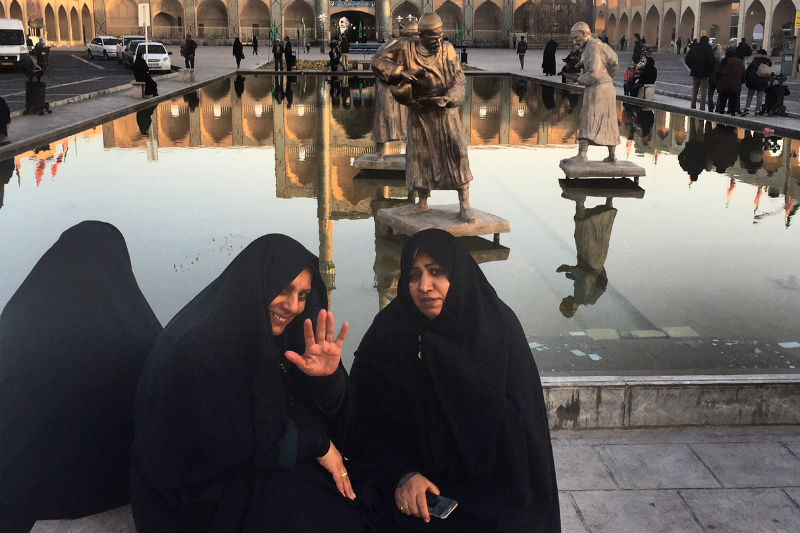
INTERNATIONAL
- Catherine Marshall
- 02 February 2018
1 Comment
Yasmin opens the book and runs a lacquered fingernail down its table of contents. 'How we can seduce a man and not fall in love,' she reads. Then: 'How we can learn to keep secrets from men.' Is the government okay with this? 'What can you do?' Yasmin shrugs. 'Everybody knows people fall in love, have sex. This is how life works.'
READ MORE 
-
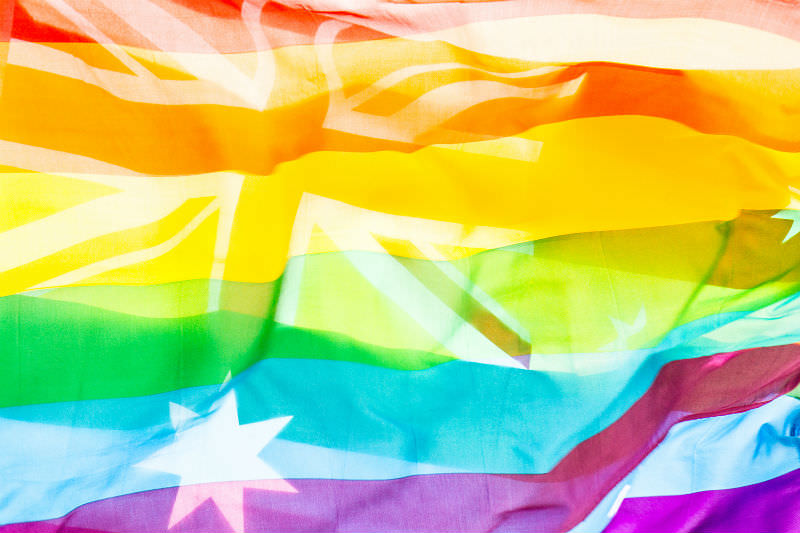
AUSTRALIA
- Catherine Marshall
- 30 November 2017
17 Comments
Governments can't legislate against hatred and intolerance. A friend stated on Facebook that 'No law can change human biology. No law can make natural what is unnatural.' Such rhetoric is a reminder that the realm of human rights is still a bloody battlefield in which certain groups continue to proclaim superiority over others.
READ MORE 
-
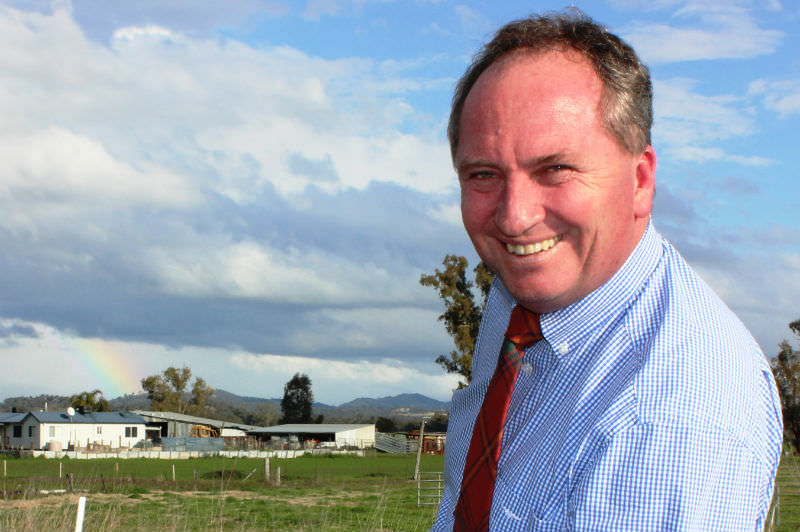
AUSTRALIA
- Catherine Marshall
- 09 November 2017
8 Comments
Instead of assuming dual citizens risk becoming traitors unless they rescind their citizenship, we should rather ask questions about the other third parties to whom MPs are beholden: donors , lobbyists, consultants, businesspeople and others keen to influence the political process.
READ MORE 
-
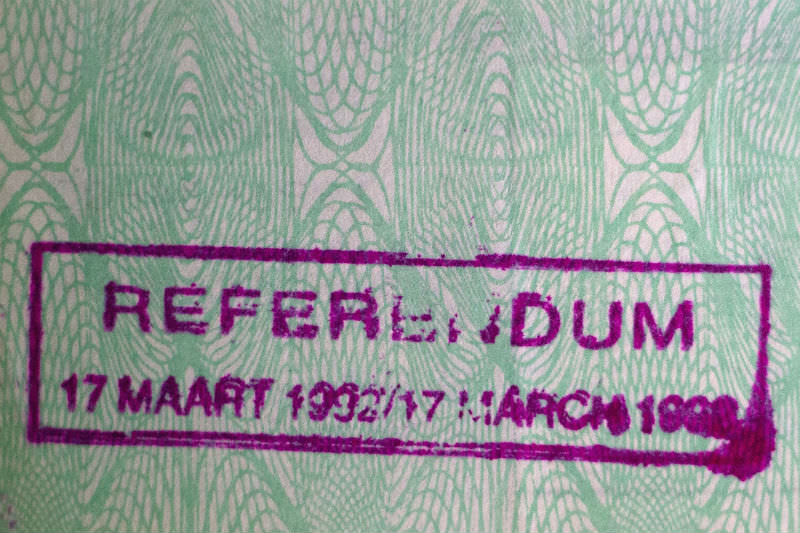
INTERNATIONAL
- Catherine Marshall
- 06 October 2017
3 Comments
One of the first votes I ever cast was the one in which I got to help decide whether a marginalised group of people should have the same rights as me. It was March 1992. I was a young, white, enfranchised South African working as a journalist. The referendum was one of the methodical steps taken by F. W. de Klerk in the dismantling of apartheid.
READ MORE 
-
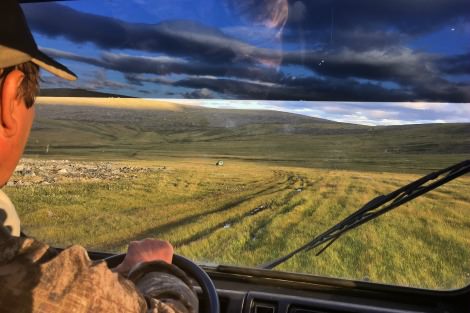
ARTS AND CULTURE
- Catherine Marshall
- 13 September 2017
3 Comments
The Nenet and Russian drivers in our convoy surveyed the scene nonchalantly. They smoked cigarettes and conversed. One of them waded into the water, ice-cold even though it was summer. Their jagged, strident Russian dialect swirled around us in an incomprehensible fog. What was going on? Would we make it across? Were we doomed? I wasn't concerned about any of these things. Indeed, I had never felt so relaxed in my life.
READ MORE 
-
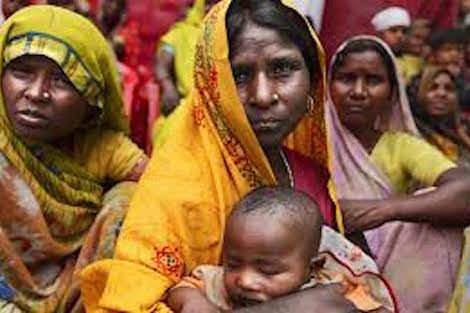
ARTS AND CULTURE
- Catherine Marshall
- 11 August 2017
14 Comments
We have just taken off from Dubai for St Petersburg. My son is marvelling at the immensity of Dubai’s airport—now officially the busiest in the world. We have stood on a bus—stifling, cramped—and boarded our air-conditioned connecting flight with a deep sense of relief. We have watched the planes lining up behind ours on the shimmering tarmac, and have noted the outside temperature flashing on the screen: 44 degrees Celsius. Thank God we’re getting out of here.
READ MORE 
-
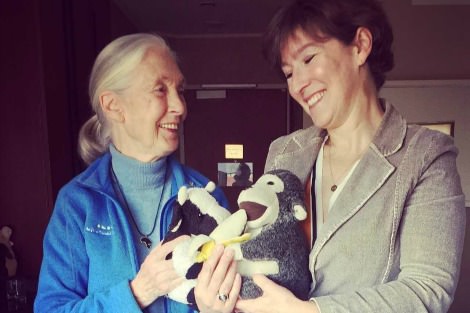
INTERNATIONAL
- Catherine Marshall
- 12 July 2017
7 Comments
Revered for her groundbreaking study of chimpanzees in Tanzania's Gombe Stream, Goodall has spent the past three decades travelling the world in an effort to alert its human inhabitants to the alarming news: we are destroying the planet. The message seems to have been lost on those in a position to halt the change, for research scientists have just reported that a mass extinction is currently underway, a biological annihilation in which billions of regional or local populations have already been lost.
READ MORE 
-
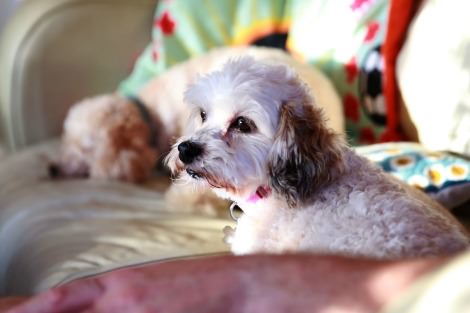
ARTS AND CULTURE
- Catherine Marshall
- 15 June 2017
11 Comments
It was humiliating, being refused adoption at an animal shelter. But it was worse knowing, in the ensuing months, that there was a little dog out there, and lots more besides him, who was being withheld from a genuinely loving family simply because they had failed to meet unreasonable demands. We tried to find a suitable dog at other shelters, but the pickings were slim. And so we did the very thing the shelter that had refused our application railed against: we bought a puppy from a pet shop.
READ MORE 
-

INTERNATIONAL
- Catherine Marshall
- 18 May 2017
13 Comments
Australia should think carefully about adopting a ban that singles out Muslim majority countries under the guise of keeping its citizens safe. While it might make sense to ban potential bomb-carrying devices on flights from those countries where terrorist groups tend to be based, in reality it negatively profiles these countries and, more oppressively, the people who come from them. This is precisely the kind of dog whistle politics the likes of Trump and Hanson have engaged in.
READ MORE 
-
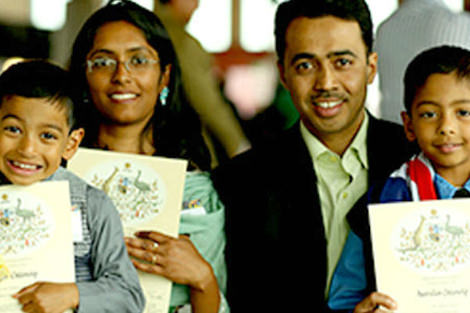
INTERNATIONAL
- Catherine Marshall
- 24 April 2017
16 Comments
Australia has long had a successful migration program, and the country's economic success is proof of this. So when Turnbull calls a press conference to impart the news that 'membership of the Australian family is a privilege and should be afforded to those who support our values, respect our laws and want to work hard by integrating and contributing to an even better Australia', he is making a redundant point. The vast majority of migrants and new citizens already do this.
READ MORE 
-
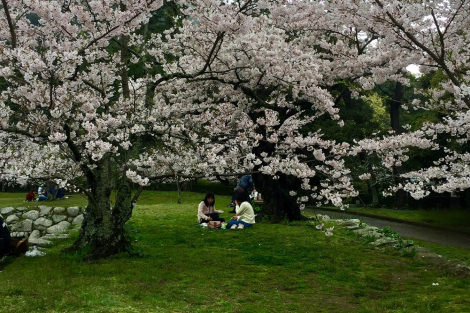
INTERNATIONAL
- Catherine Marshall
- 20 April 2017
4 Comments
Cherry blossom season in Japan is anticipated all winter long but when it arrives it is nothing more than a tease. It is a kind of new year, a starting over, a washing clean of the slate and beginning afresh. But these blossoms hold in their being the promise of death. 'With cherry blossoms, we start things over,' translates my guide, from a haiku. 'And we find beauty not only in the cherry blossoms but also in how they flutter to the ground.' It's from that fluttering that we derive the most valuable of lessons.
READ MORE 
-
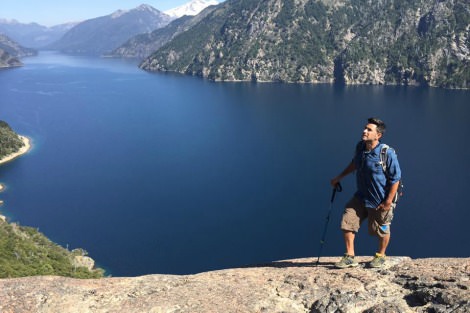
INTERNATIONAL
- Catherine Marshall
- 29 March 2017
6 Comments
In the past two weeks I've met a man who crossed the Andes on foot, horse, bicycle, car and even rollerblades. I've trekked with a mountain guide to a rocky outcrop upon which he was due to marry his fiancé the following weekend, before abseiling down it with her. I've stood in a forest with a woman who came here in the hope of finding the perfect plot of land. Landscapes have a profound effect on the traveller, but it's their inhabitants who evoke for us the soul of a place far more effectively.
READ MORE 